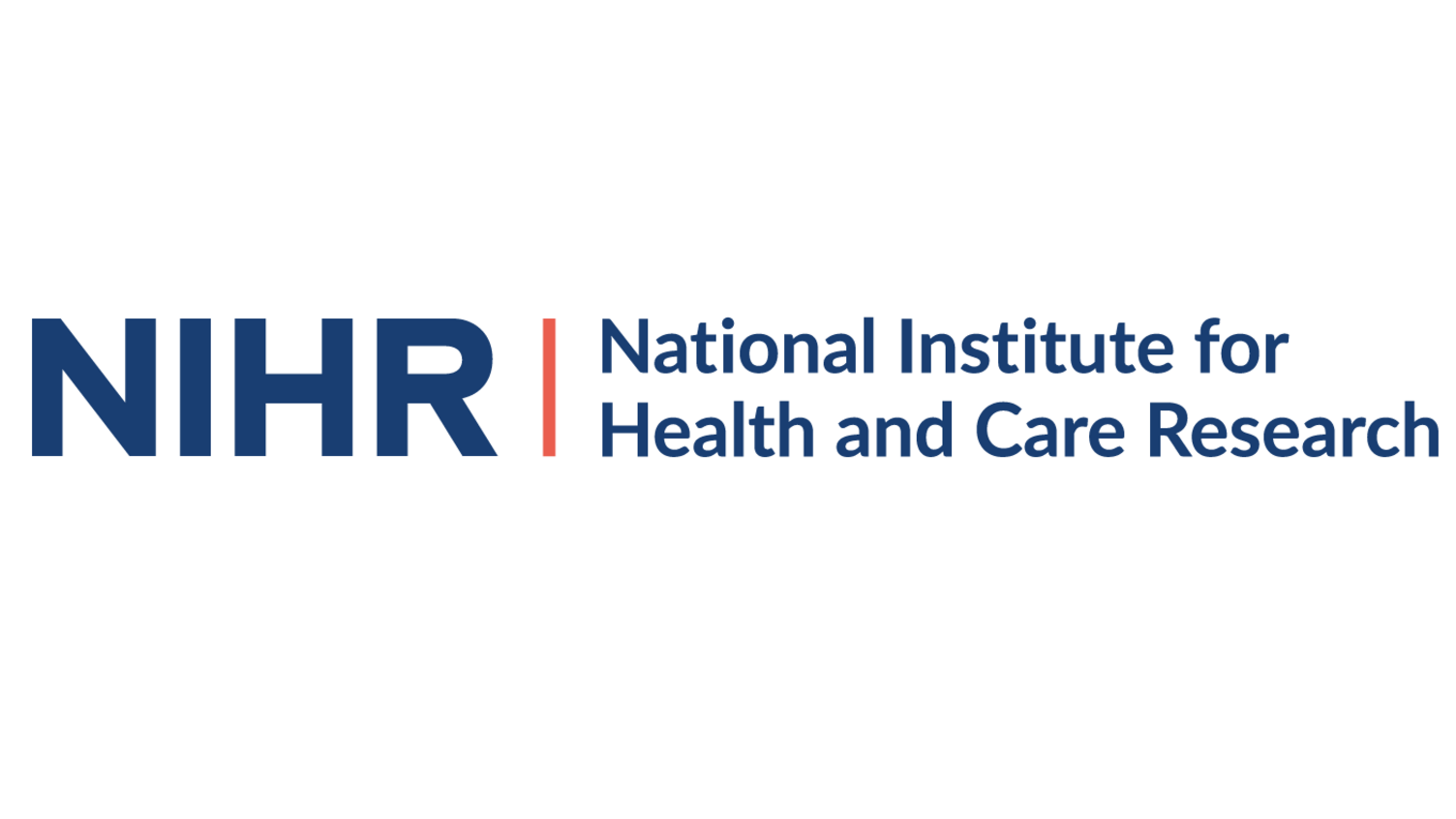Does current palliative and end of life care research match the priorities of patients, carers and clinicians?
- 18 July 2017
- 4 min read
By Dr Florence Todd Fordham, Dr Sanjay Thakrar and Shefali Shah, Marie Curie
Marie Curie has published its latest report (.PDF) based on data collected via the UK Clinical Research Collaboration’s (UK CRC’s) Health Research Classification System (HRCS). The report uses the data to look at the palliative and end of life care research landscape in 2014 and highlights how far the priorities of patients, carers and health and social care professionals, identified through the Palliative and end of life care Priority Setting Partnership (PSP), are being addressed.
Marie Curie is the UK’s largest charitable funder of palliative and end of life care research. In 2014, our funding accounted for almost £1 in every £5 spent on end of life care research . Despite this, palliative and end of life care research remains underfunded. This is why our work in recent years has focused on ensuring that we invest research funds in areas of unmet need.
In 2015, we launched the results of the James Lind Alliance Palliative and end of life care PSP (PeolcPSP), which identified 83 unanswered questions in palliative and end of life care research that mattered most to patients, carers and health and social care professionals.
We have now explored how current and recently completed health research in the UK relates to each of the 83 questions to produce a comprehensive report (.PDF) aimed at researchers and research funders.
The UK CRC’s publicly available dataset enabled us to see not only which PeolcPSP questions are being addressed but how they are being addressed, whether through a systematic review, clinical trial or other method. The new knowledge about the gaps in current palliative and end of life care research has helped to inform our funding priorities, and more specifically the themes of our annual research funding call. This has led to the peer reviewed funding of projects that directly address the views of patients, carers and health and social care professionals. The grant mapping analysis has further highlighted areas where interventional research is already being carried out allowing us to monitor how these findings might be put into practice in the near future.
What the results tell us -
An overview of the results of this analysis was published in an article in the European Journal of Palliative Care (.PDF) in 2016 and further information can be found in our latest report (.PDF). In summary, we found that of the 83 PeolcPSP questions, four were not being addressed through any recent funding. A further 15 questions received some funding, but none that directly addressed the main objective of the question. The analysis also found that the theme of bereavement received no direct funding in 2014. In addition, the number one priority identified by the PeolcPSP on out-of-hours palliative care was one of the least addressed of the top 10 questions.
The findings of the analysis add weight to the results of the PeolcPSP – there is an urgent need for further research on each of the questions identified by patients, carers, health and social care professionals.
As a research funding charity, we have an obligation to make sure that the needs of end users of research are addressed. Alongside highlighting the gaps in funding, grant mapping in this way can also help to reduce the waste, costs and patient burden caused by repeating similar research projects. It also has the potential to facilitate collaboration between researchers and research funders by highlighting the specific PeolcPSP questions that are already being addressed, how they are being addressed and by whom.
We have also made the full dataset used in this report (.PDF) openly available so that anyone with an interest in palliative and end of life care research can drill down into the specific grants that are linked to each PeolcPSP question. We have created a “how to” guide (.PDF) which uses the topic of incontinence as an example, but feel free to dive in and search for a topic or condition that is of interest to you.
What have we done so far and what’s next? –
In 2016, as part of the Marie Curie Research Grants Scheme, we partnered with the MND Association and Chief Scientist Office Scotland to fund research to address the questions from the PeolcPSP. The call resulted in the funding of nine research grants that link to six of our top 10 PeolcPSP questions and 13 from the full list of 83.
As part of our latest call for research, we are pleased to be partnering with The Brain Tumour Charity for research relating to specific areas of the PeolcPSP. We are also excited to be working with the MND Association and Chief Scientist Office Scotland again to fill the gaps in palliative and end of life care research for people affected by motor neurone disease and other terminal illnesses respectively.
We hope that this report and the full dataset can be used by researchers and research funders to ensure that research is conducted in the most needed areas of palliative and end of life care.
For more information about Marie Curie’s research funding, visit www.mariecurie.org.uk/research


